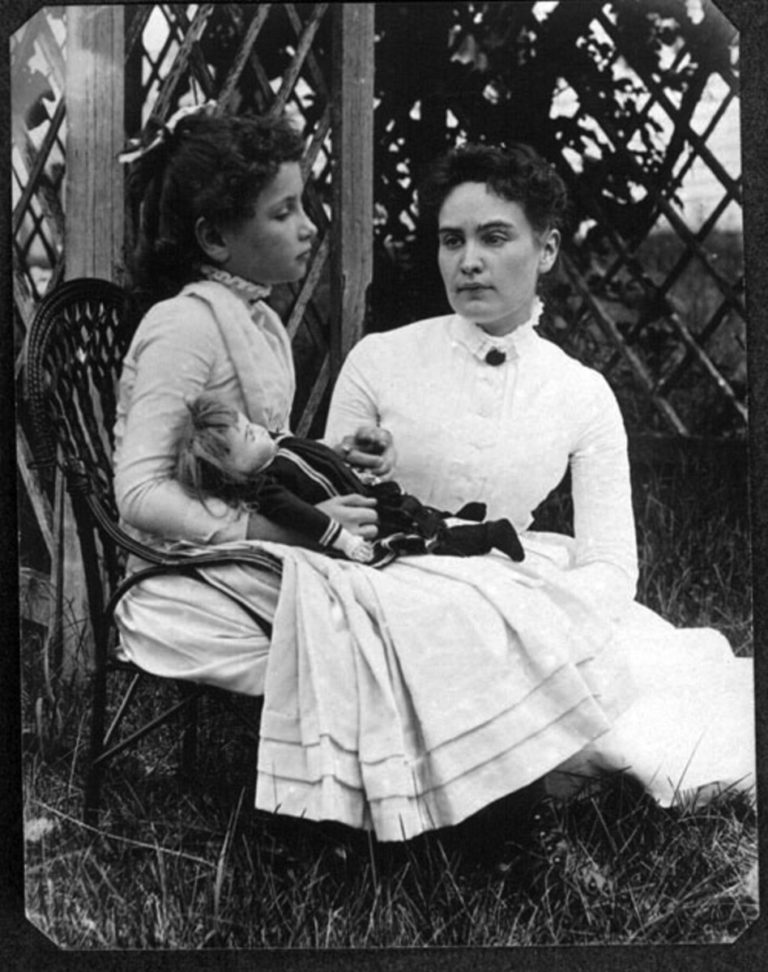I’m a sign language interpreter at a school. I was placed with a student with low language skills, because I myself am not fluent (yet) in American Sign Language (ASL). The resource classroom I work in is set up so that other interpreters are positioned at the front of the classroom while I work one-on-one. It sounds simple and straight forward, but keep in mind that most of the interpreters are interns and have not been in an educational setting before.
A problem arose when another interpreter asked me to swap places with her. This person did not say why she needed to swap. Whether the interpreter needed a break or whatever the reason is still unknown. This happened in the middle of a lesson on kinetic and potential energy. I was prepared to do more than interpret for my student. I had worksheets and various manipulatives that I wanted to use. In fact, I’m more or less a teacher or tutor. As you can see, interpreting a physics lesson is entirely different.
So, this interpreter asked to switch with me. I indicated that I wasn’t comfortable switching. I used the head teacher’s laptop to look for a video on YouTube (which we’ve done before). I didn’t quite see what I was looking for. I played a physics lesson that was taught in ASL. The video was less than ideal, but I didn’t know what else to do. In the mean time the other interpreter got up and went to sit with the para and two other interpreters in the back of the room. This left me to interpret on my own.
As I watched the video play, I got really upset. I excused myself to go to the teacher’s lounge. I sat there for much longer than I intended, because I did not want others to see me crying.
Over the weekend I contacted my boss about it. I sent an email. It was perhaps more exaggerated than was necessary, but at least I was able to tell my entire side of the story from beginning to end. After all, I felt as though it was part of a bigger problem that had been building momentum. It turns out that I wasn’t supposed to be interpreting at the front of the classroom at all. I was only supposed to stick with my assigned student.
Basically, we had both more or less perceived each other as being stubborn, unprofessional, or whatever word you would like to use. I contacted my boss rather than letting tension build or riding it out. Things aren’t perfect (yet), but at least they’re better than what they were. We see each other better now. I wasn’t equipped to deal with the other interpreter person to person, but at least I accomplished what I set out to accomplish which was making the situation better. We each have a better understanding of our job duties and responsibilities.
So, how do you perceive things at work or in your home life?? Are you holding things in?? Are you blowing up at someone over a simple misunderstanding? Is someone mad at you because of something that you didn’t even realize was bothering them?
I’ve learned that you have to talk your way through problems even if the conversation seems uncomfortable. You have to ask questions, especially at work. Asking questions doesn’t make you stupid. It means that you want clarification. It means that you want to prevent setbacks or mistakes. It means that you’re brave enough to step forward when others keep all of their questions and concerns to themselves.
I actually considered quitting my job. Now I get the chance to practice sign language and learn from others. When I look around the classroom and ask, “why am I still here?” I can honestly answer by saying that my student is making progress. My student is finally getting the one-on-one attention that he deserves, and it shows.
My advice to you is that if you find yourself in my position, take a breath and then have a much-needed conversation.
You may have noticed that it’s been a long time since the last time I posted. I’ve been a little busy, but still want to help others with my blog. Please feel free to offer suggestions for topics that you would like to see me discuss in the future.
Best of luck,
Vanessa



